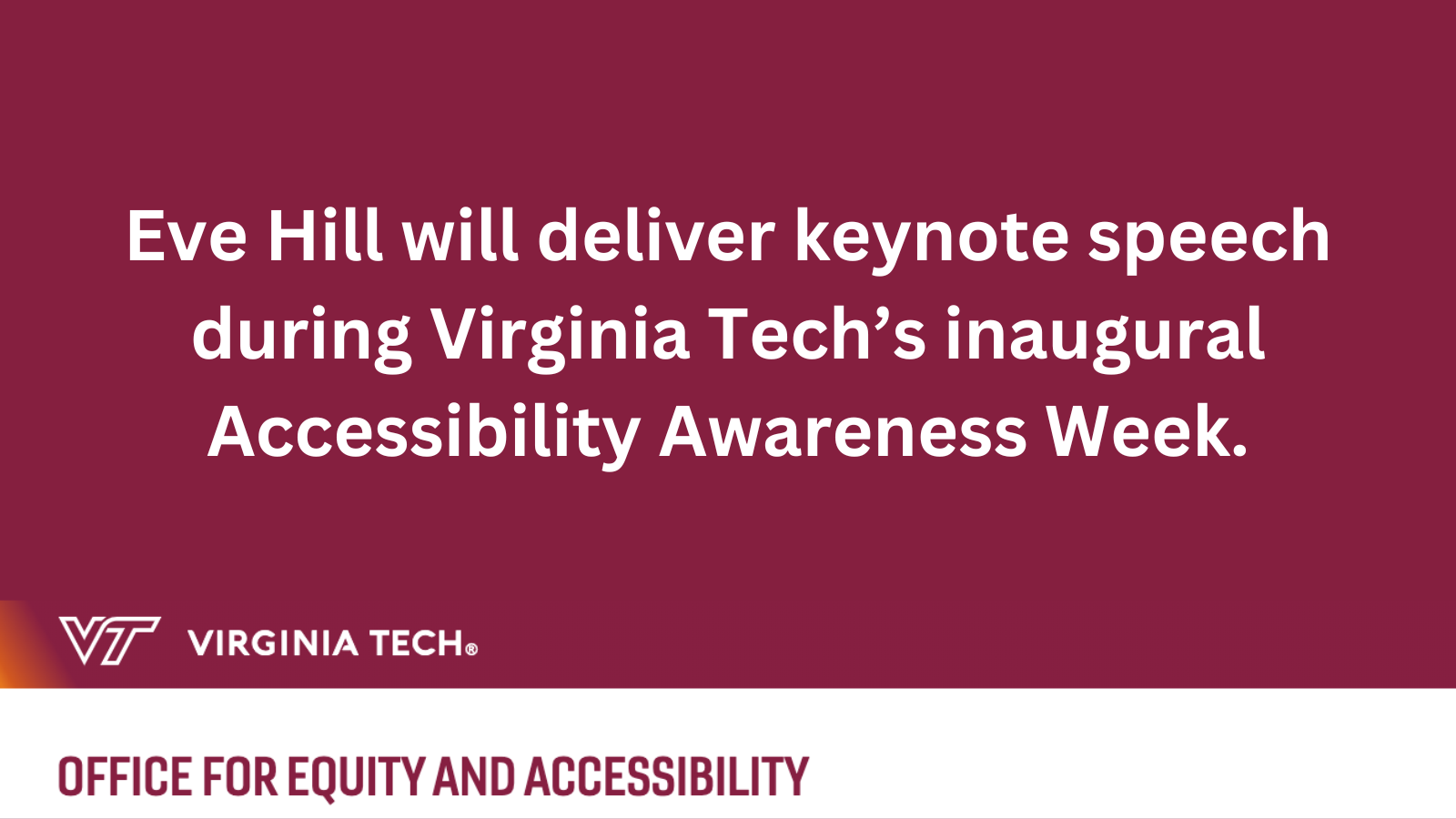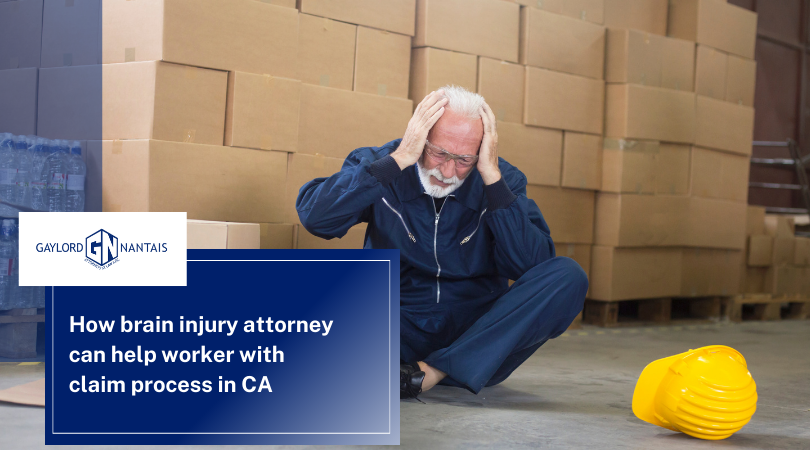Voters with Disabilities and the 2024 Election: Know Your Rights Before You Vote! – Technologist
By: Jamie Strawbridge
In the run-up to the 2024 election, Brown, Goldstein & Levy is again working to ensure that voters with disabilities know their rights before casting their ballot. On October 11, Jamie Strawbridge, an attorney whose practice focuses on disability rights, gave a presentation in Howard County to a group of voters with disabilities. Jamie explained, among other things, what federal and state-law protections apply to individuals with disabilities when voting. Two weeks before that, Jamie gave another presentation to parents and guardians of individuals with disabilities, in which he explained particular issues of interest to them, such as whether and how parents and guardians can help individuals with disabilities when those individuals are voting.
During his presentations, Jamie underscored that individuals with disabilities have the right to vote. With respect to voter registration, Jamie explained that individuals may register to vote in Maryland so long as they are U.S. citizens, are at least 18 years old, and are Maryland residents on the day they seek to register. With respect to individuals with disabilities, there is one narrow limitation – but it applies only in the case of guardianships. Under Maryland law, an individual who is under a guardianship for a mental disability cannot register to vote if a court specifically has determined that the individual “cannot communicate, with or without accommodations, a desire to participate in the voting process.” For many individuals with disabilities in Maryland, this narrow limitation will not apply. In his presentations, Jamie also explained that a voter with a disability may bring someone to the polls to assist with voting if he or she wants. Here too, narrow limitations apply, but they will not affect many voters with disabilities. For example, the assistant may not be the voter’s employer, or an agent of the voter’s employer, or an officer, or agent of the voter’s union. Of course, if the voter with a disability prefers, he or she can also request assistance from two election judges at the polls.
The role of ballot-marking devices was another key topic in Jamie’s recent presentations. By law, at least one ballot-marking device must be available for anyone to use at all voting locations in early voting centers and polling places in Maryland. Ballot marking devices are machines that enable people to vote without using a pen to fill out a paper bubble sheet. Blind voters should be able to use these machines to listen to ballot options and make selections using a keypad.
Brown, Goldstein & Levy is a nationally-recognized leader when it comes to protecting the rights of voters with disabilities. In litigation across the country, our firm seeks to ensure that in-person and absentee voting is fully accessible to individuals with disabilities. To that end, we have brought lawsuits—and achieved successful outcomes—against a variety of U.S. states, including Maryland, Michigan, Pennsylvania, and New York. And our attorneys have litigated some of the most prominent and groundbreaking cases involving accessible voting.
If you or a loved one encounter any accessibility issues at the polls this year, consider contacting us today to discuss your situation. If you would like to learn more about the rights of voters with disabilities, materials are available from the state (here) and from groups such as Disability Rights Maryland (here).


